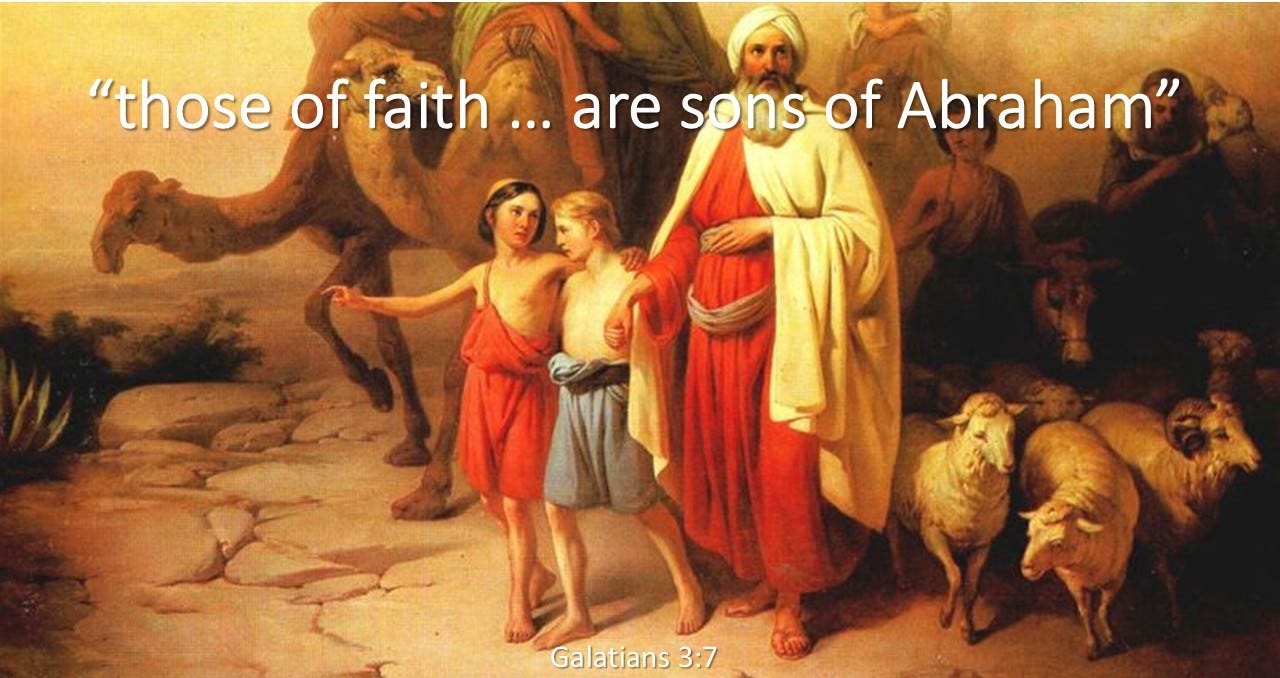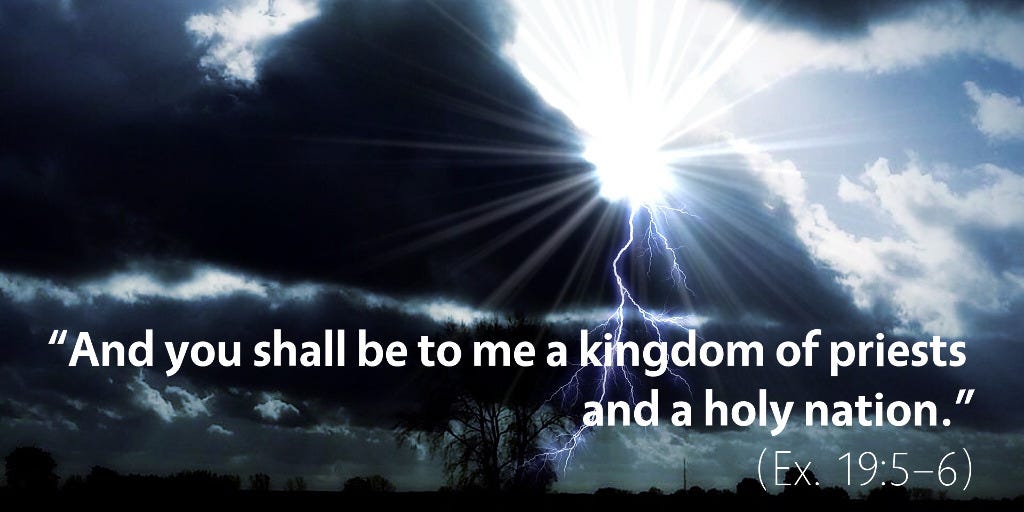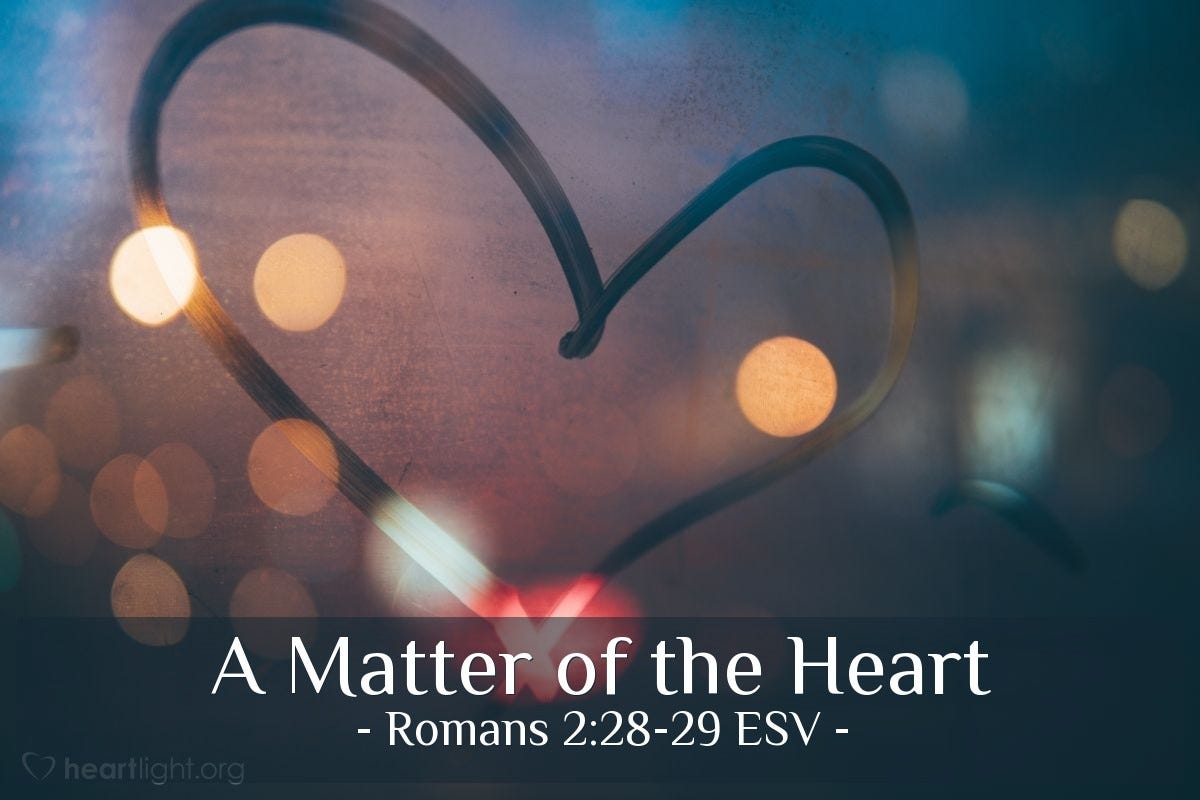Are you looking to Israel — a country in the Middle East — for signs of the end times? Have you been taught that the Jews are God’s earthly people and God has other plans for the church? But Jesus spoke of those “who say they are Jews” but are not and He gave the promise of Israel to the church.
In first-century Smyrna, under the Roman Empire, there were two kinds of people: pagans and Jews. The Jews were the only people legally allowed not to worship the pagan gods, who didn’t have to burn incense to Caesar. But the Christians were neither. Those who were ethnic Jews were thrown out of the synagogues when they professed faith in Jesus. So, they were not Jews (legally). But the Lord Jesus speaks to them. He says, that they’ve been slandered by “those who say that they are Jews” (Revelation 2:9). They were ethnic Jews. They professed Jewishness. We would simply call them “Jews” today. But Jesus says they “are not.” They are not true Jews, according to Jesus.
How can someone be an ethnic Jew but not a true Jew? Paul taught, in Romans 2:28, that “no one is a Jew (one of God’s chosen people) outwardly. . . . But a Jew is one inwardly,” that is, by faith. “Not all who are of Israel are of Israel” (Romans 9:6). Not everyone who is born into the physical ethnic group is one of God’s true people. Ethnicity makes no one one of God’s people. These people in Smyrna who call themselves “Jews” don’t believe in Jesus and who persecute those who do believe are, instead, “a synagogue of Satan.” They are a gathering of the enemy. Their ethnic identity does not make them God’s people. Their sinful actions make them the devil’s people.
Revelation 2:9 proves that one can be Jewish by birth and profess to be a “Jew,” but not be a true one, not one of God’s chosen people. According to Jesus, someone who says he is a Jew but does not believe in Him is not a true Jew. Then, how do you become one of God’s people, a “Jew inwardly”? “It is those of faith who are sons of Abraham” (Galatians 3:7). This shows that the promises and blessings of Abraham are for all who have faith in Christ. This verse decisively challenges dispensationalism’s rigid distinction between Israel and the church. It shows the unity of the Bible. It shows that God has one covenant people: all who believe in Jesus, of whatever ethnicity. It shows that God’s plan of redemption is unified and successful. It shows that faith is the key to God’s covenant blessings, not ethnicity. Therefore, Galatians 3:7 dismantles dispensationalism by emphasizing that the true children of Abraham are those who believe in Christ.
To be a “Jew” is to be one of God’s people. But not everyone who professes to be one of God’s people is really one. In Smyrna, the Christians were slandered by those who claimed that they were God’s people but were not. Not really. Since they slandered “the brethren,” they were, instead, Satan’s people. Of course, they were Satan’s people not because of their ethnic group but because of their actions. No one is accepted or rejected by God because of their ethnicity. That’s why, as much as we want our children to be Christians, we cannot assume that they are simply because they were born into Christian families.
We need to see something that is key – a lost key – to understanding what the Bible says about the last days: that is, who the “Israel of God” is (Galatians 6:16). A lot of people look to national Israel to see the “end times” unfolding. I have a cousin who said ‘The end times started when Israel was refounded in 1948’ (or something like that). He didn’t ask a question, so I didn’t correct him, but I was thinking, ‘Well, actually . . . .’. The people of God have never been, and certainly are not now, in the new covenant, those who simply are born into a family or nation. John the Baptist proved that when he told those confident in their standing before God because of their ethnicity,
In Revelation 1:5-6, John praises Jesus for making us “a kingdom and priests.” He echoes a promise found in Exodus 19:6. The promise given to Israel in Exodus 19 is fulfilled in the church. The church is the “kingdom and priests” that Israel was promised it would be, because the church is Israel.
There, God promises Israel that they will be a kingdom and priests. John here reports that the promise is fulfilled. It’s done in the church. We, as the church, are the recipients of that promise in the Old Testament. The promise given to Israel was fulfilled by the church, and that shows us that the church is the true Israel. (So, keep that in mind when interpreting the rest of Revelation.) We are God’s chosen people, His holy nation.
To be a true Jew is not to be part of an ethnic group. In Romans 2, Paul deals with those who think they were the chosen people — “Jews” — just because of who their ancestors are. Some Christians have bought into the idea that just because one is a Jew (ethnically), they are God’s people, and, so, the promises are for them. Ethnicity is what matters to God, some think. But Paul – the “Hebrew of the Hebrews” – says that no one is a “Jew” merely outwardly (Romans 2:28). Ethnicity does not make anyone a true Jew. God has no “covenant children” who inherit a relationship with God because of who their parents or ancestors were. A real “Jew” is one “inwardly.” He or she belongs to God’s family because he or she has been born again. The “Israel of God” is the true church comprised of believers in Jesus who are “Jews inwardly.”
God’s plan is no trivial matter of racial favoritism. The Bible is not merely about a nation and real estate in the Middle East. God’s plan transcends ethnicity. He calls out of the world “one new man” (Ephesians 2:15). God has one people. In this “commonwealth of Israel” (Eph 2:12), Gentile believers in Jesus are are “fellow heirs, members of the same body, and partakers of the promise” (Eph 3:6). This “Israel of God” includes both Jews and Gentiles who are grafted into the promises through the gospel, fulfilling Galatians 3:28-29, where there is neither Jew nor Greek, but all are one in Christ.
In Genesis, Israel is the church. In Revelation, the church is Israel.
Dispensationalism, which breaks down the Bible into “dispensations” (the Bible never demarcates) and separates Israel, on the one hand, from the gathering of God’s people (the church), trivializes the Bible. It makes the Word of God mostly a story about a small ethnic group and some real estate in the Middle East. It undermines the unity of the Bible, making it about different plans for different people at different times. Instead, Scripture unveils a seamless story—culminating in Christ—where God’s promises to Israel are fulfilled in the church. This is not because Israel — an ethnic entity — had the promises taken from it and given to the church, a different entity. No. It’s because Israel, from its inception, was the church, “a company of peoples” (Gen 28:3, 35:11, 48:4). Israel in Genesis is defined as a gathering of all kinds of people. The church in Revelation comprises the true “Jews” who are priests. In Genesis, Israel is the church. In Revelation, the church is Israel.
For the full exposition of Revelation 2:8-11, listen:
Covenant Reformed Baptist Church is Danville’s and Caswell County’s Reformed church.







